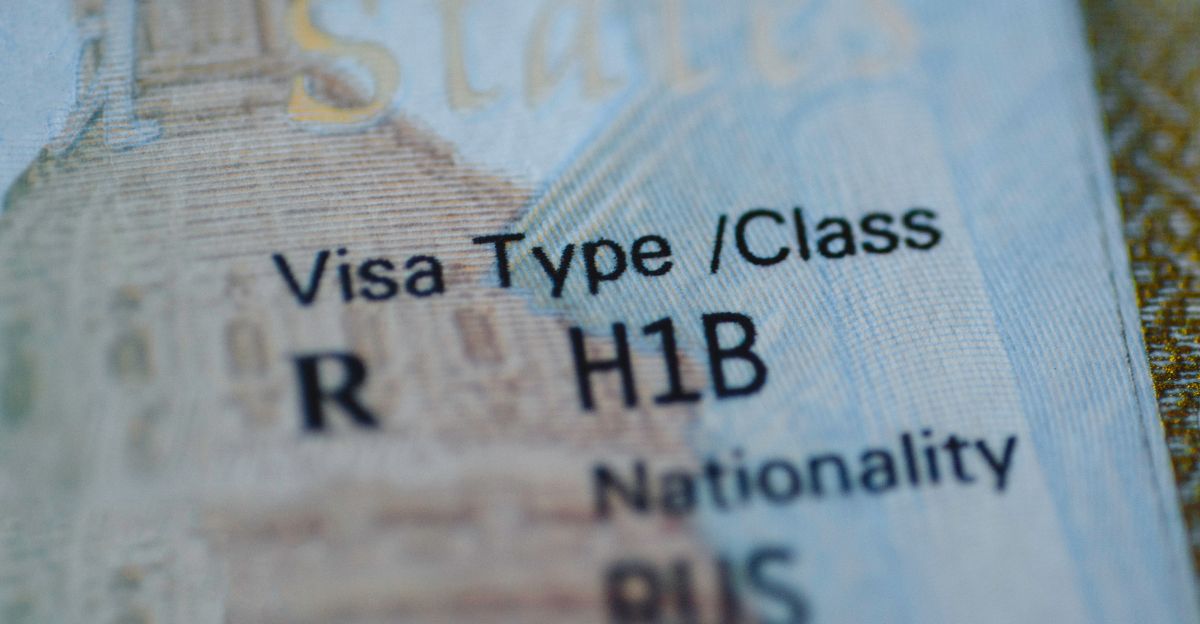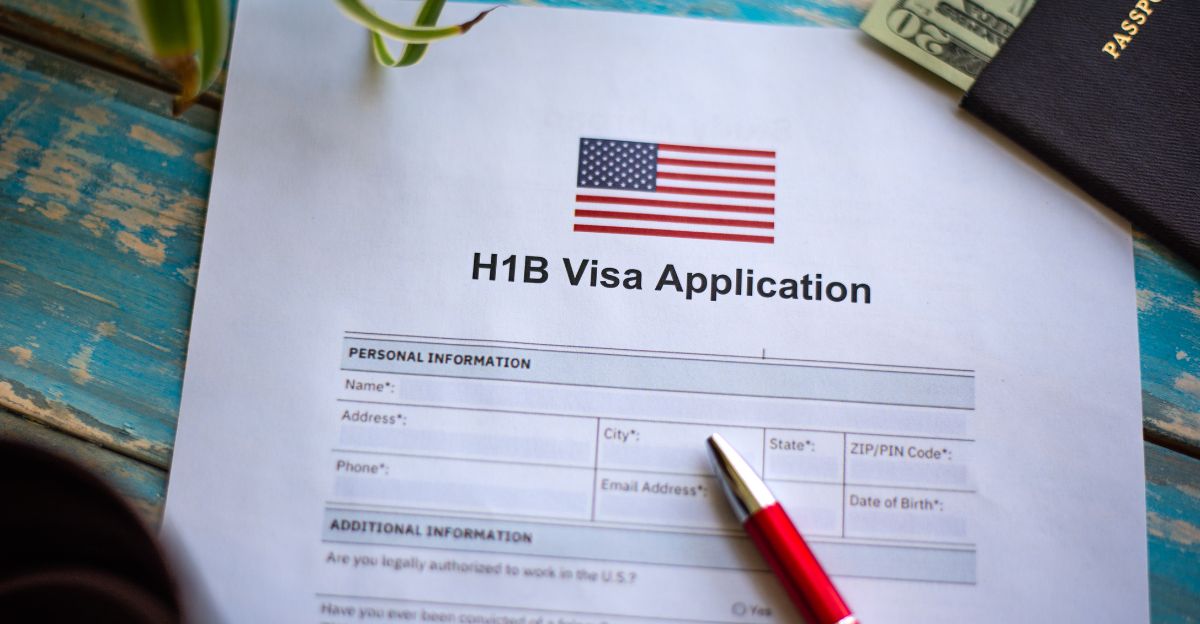
A new federal policy has thrown rural America’s healthcare system into uncertainty, as the Trump administration raised the H-1B visa fee for new foreign physicians to $100,000, effective September 21, 2025. This move targets skilled immigrants, including doctors, who make up 25% of all U.S. physicians. With about 50,000 India-trained doctors currently practicing in the United States, the change threatens to disrupt a critical pipeline that has long supported rural hospitals and clinics.
The Rural Healthcare Lifeline

For nearly 30 years since its establishment in 1994, the Conrad 30 waiver program has enabled foreign-trained physicians to fill gaps in rural healthcare, especially through its provision allowing doctors to work in Health Professional Shortage Areas (HPSAs). Indian medical graduates have been central to this effort, ensuring that rural communities have access to essential medical services. The new visa fee, however, could reverse decades of progress, making it financially impossible for new foreign doctors to join these systems.
Immediate Consequences for Rural Hospitals

The $100,000 fee is unprecedented and has drawn criticism from more than fifty organizations, including the American Medical Association. Rural hospitals, already struggling with physician shortages, now face the prospect of losing vital staff. In Batesville, Arkansas, for example, Dr. Mahesh Anantha’s cardiology practice brings in over $40 million annually for the local hospital. If physicians like him are priced out, the financial and medical stability of such facilities could collapse.
The Growing Physician Shortage

The Association of American Medical Colleges (AAMC) projects a shortage of between 37,800 and 124,000 physicians by 2034, with the largest disparities in specialty care. This shortage is already felt in rural areas, where foreign-born doctors constitute a significant portion of the physician workforce. States like California, Michigan, New Jersey, and Washington, DC, rely heavily on foreign-born doctors. The new visa fee could accelerate this shortfall, leaving rural Americans with even less access to healthcare.
Economic and Human Costs
The economic impact of losing foreign-trained physicians is significant. If the $40 million annual contribution from doctors like Dr. Anantha is extrapolated across all Indian-origin physicians, rural health systems could face substantial financial losses. Hospital closures, reduced services, and worse health outcomes are likely consequences. For patients, the loss of local medical care means longer travel times, delayed diagnoses, and potentially avoidable deaths. Vulnerable populations, including the elderly and low-income families, are disproportionately affected.
Broader Implications

The policy’s effects extend beyond healthcare. Rural communities may experience job losses and economic downturns as hospitals close or reduce operations. The psychological toll on patients and families is also substantial, with increased stress and anxiety due to the loss of trusted healthcare providers. The policy could also damage diplomatic ties with India, a key partner in medical education, and discourage international talent from seeking opportunities in the United States.
Possible Solutions
Immediate legislative action is needed to address the crisis. Options include increasing the number of slots in the Conrad program, offering targeted waivers for healthcare workers, or implementing a tiered fee structure that recognizes the importance of the healthcare workforce. Increased federal funding for rural health infrastructure and incentives for domestic rural practice are also essential. Without such measures, the United States risks widening healthcare disparities and exacerbating the economic and social challenges faced by rural communities.
The $100,000 H-1B visa fee represents a significant threat to the stability and sustainability of rural healthcare in America. By cutting off a vital source of medical talent, the policy could deepen existing shortages, jeopardize hospital finances, and put patients at risk. The stakes are high, and the need for strategic intervention is urgent.